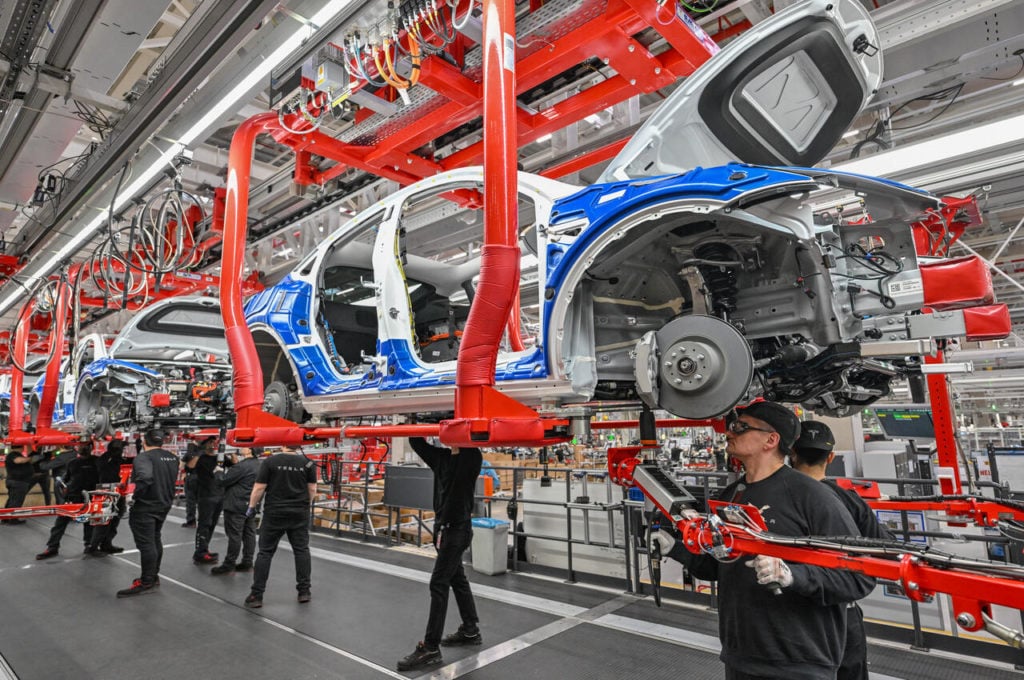If you are under forty you should not be happy to work for a normal employer and have a normal job. The title on your business card has become more important than what you actually do.
Several weeks ago I ran into an acquaintance on my way home from my new workplace. The conversation quickly turned to how life was ticking along – and of course: “what are you working with these days?”
A couple of weeks previously I had begun working as a secretary and assistant, a part-time job in central Stockholm. When I happily spoke about my life I was met by a troubled look and the words – “yes, well, in the short-time I guess it is okay”.
I was happy about my new job. I find it very hard to see what, how and why it wouldn’t be okay to work as a secretary. This endless push to constantly strive to be something greater, somewhat better, someone with more power, has gone too far.
We have ended up with a society where young adults like myself should never be satisfied and the prevailing atmosphere forces us into different societal groups.
Since when should you not be satisfied with working at (supermarket chain) ICA? Since when is it not sufficiently acceptable to have H&M as your employer? It is a painful truth and unfortunately the snowball only seems to be halfway down the hill.
The demands are increasing exponentially. It is getting harder and harder to get the education which can perhaps pave the way to a job.
Naturally, I don’t think that you should either skip your education, scale it down or take it less seriously. Absolutely not. Drive on, study intensively and be proud of yourself. It is fantastic to study.
The thing is it is not only those who study who are the clever ones. Those who study don’t own the patent on praise and status symbols. There are a large number of examples of great men and women who did not follow the traditional path, who don’t have a load of university credits and a student loan debt as proof that they can do something.
Somewhere inside me there is a voice echoing the expression “the good old days”. I don’t know if there was, but one thing is certain – my parents did not experience the same frenzy to continue studying, push for salary hikes and carrier progression. The generation I belong to is exposed to an extreme amount of pressure.
I want to encourage you to follow your own path. To buck the trend. It is time for an upgrade. It is time to address the problem. It is time for us to realize that it is okay to be satisfied when you are 25-years-old. Be satisfied! Be content if you want to be content!
Stay at ICA and stack milk, kiwi fruit and bread if it makes you happy. Don’t let anyone boss you about. Don’t let anyone else decide whether you can be content, just because.
Andreas Jonsson is 28-years-old, lives in Stockholm and works two jobs – he runs his own company and writes about development possibilities for young people.
This article was originally published in Swedish on the Newsmill opinion website. English translation by The Local




 Please whitelist us to continue reading.
Please whitelist us to continue reading.
Member comments